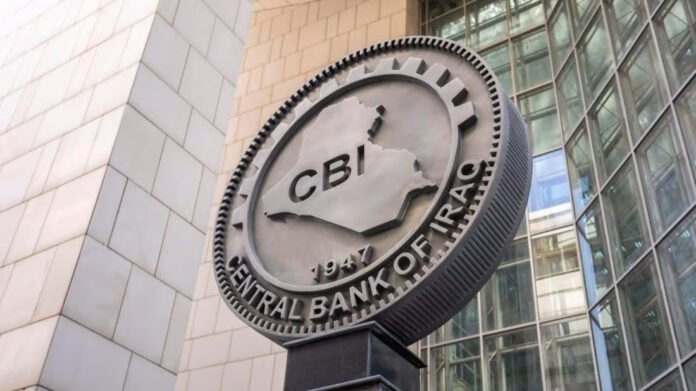Currently, Iraq fintech regulation is now fueling digital progress across the country. In particular, in 2024, Iraq surpassed 10 million prepaid cards and logged over 20 trillion IQD in electronic transactions.
To maintain this momentum, the Central Bank of Iraq (CBI) introduced Electronic Payment Services Regulation No. (2) for 2024. In turn, this new law replaces outdated rules and aligns with Iraq’s National Financial Inclusion Strategy. Notably, the strategy, launched in May 2025, received support from the World Bank Group, GIZ, and the Arab Monetary Fund.
The regulation defines key roles in the fintech ecosystem. ALSAIF Law Firm, with over 46 years of expertise, highlights the structure. It identifies operators, participants, electronic payment service providers (EPSPs), and agents as core actors.
EPSPs, including fintech apps and e-payment platforms, now operate under clear legal authority. Their services include issuing digital cards, managing mobile wallets, transferring funds, and aggregating payments.
The law also sets up a structured licensing process. Companies must submit incorporation papers, founder details, and financial records. Moreover, applicants must show a minimum capital of 10 billion IQD.
Each company must also prepare a three-year feasibility study. This document includes economic forecasts, IT infrastructure, cybersecurity plans, AML systems, and dispute resolution strategies.
After submission, the CBI reviews the application within 90 business days. If approved, a preliminary license allows companies to complete technical preparations before full launch.
This reform shows strong progress in Iraq’s financial sector. In fact, Iraq fintech regulation now drives the country’s digital vision. Iraq, with over 45 million people and MENA’s highest projected GDP growth for 2026, attracts global interest.
Clearly, Iraq fintech regulation delivers the legal clarity investors need. It builds trust, promotes innovation, and sets the foundation for a transparent digital economy.
Consequently, as more companies enter the market, competition will drive better services, lower costs, and broader access. Ultimately, Iraq now stands ready to lead digital finance in the Middle East region.


